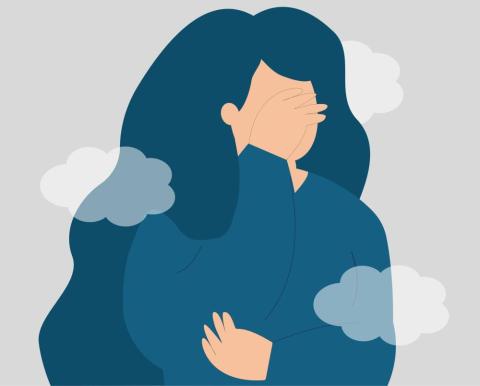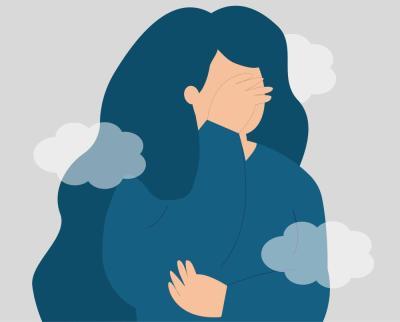While the seriousness of eating disorders should not be underestimated, eating disorders are not hopeless. Getting a diagnosis is only the first step towards recovery from an eating disorder. Eating disorder treatment and recovery involves intervention, professional treatment, and ongoing support.
Treating an eating disorder generally involves a combination of psychological and nutritional counseling, along with medical and psychiatric monitoring. Treatment must address the eating disorder symptoms and medical consequences, as well as psychological, biological, interpersonal, and cultural forces that contribute to or maintain the eating disorder.
There are a variety of treatments that have been shown to be effective in treating eating disorders. Generally, treatment is more effective before the disorder becomes chronic, but even people with long-standing eating disorders can and do recover. Eating disorder treatment can also take place in a variety of settings including inpatient, residential, partial hospitalization, intensive outpatient, and outpatient care. Various online resources are playing an important role in helping to those who are aware of their eating disorder, as well as identifying those who may not be aware they have an eating disorder or may be at risk. Only a treatment professional can determine which level of care is appropriate for someone just beginning treatment. Determining the appropriate level of care takes into consideration the patient’s medical and psychological states.
Click here to find treatment options near you.
Anxiety and eating disorders may be treated at the same time and in the same manner. Even so, recovery from one disorder does not ensure recovery from another, so it is necessary to seek help for both. Click here to learn more the different treatment options.

Thank you to our partner organization, National Eating Disorder Association.
















